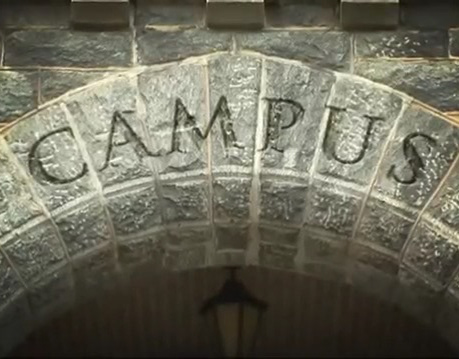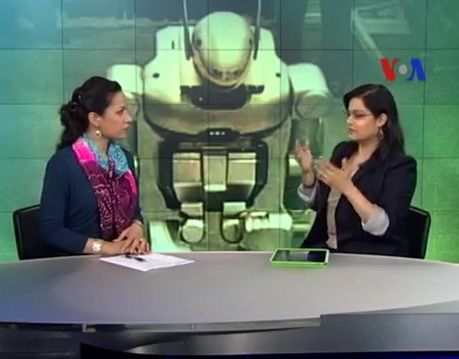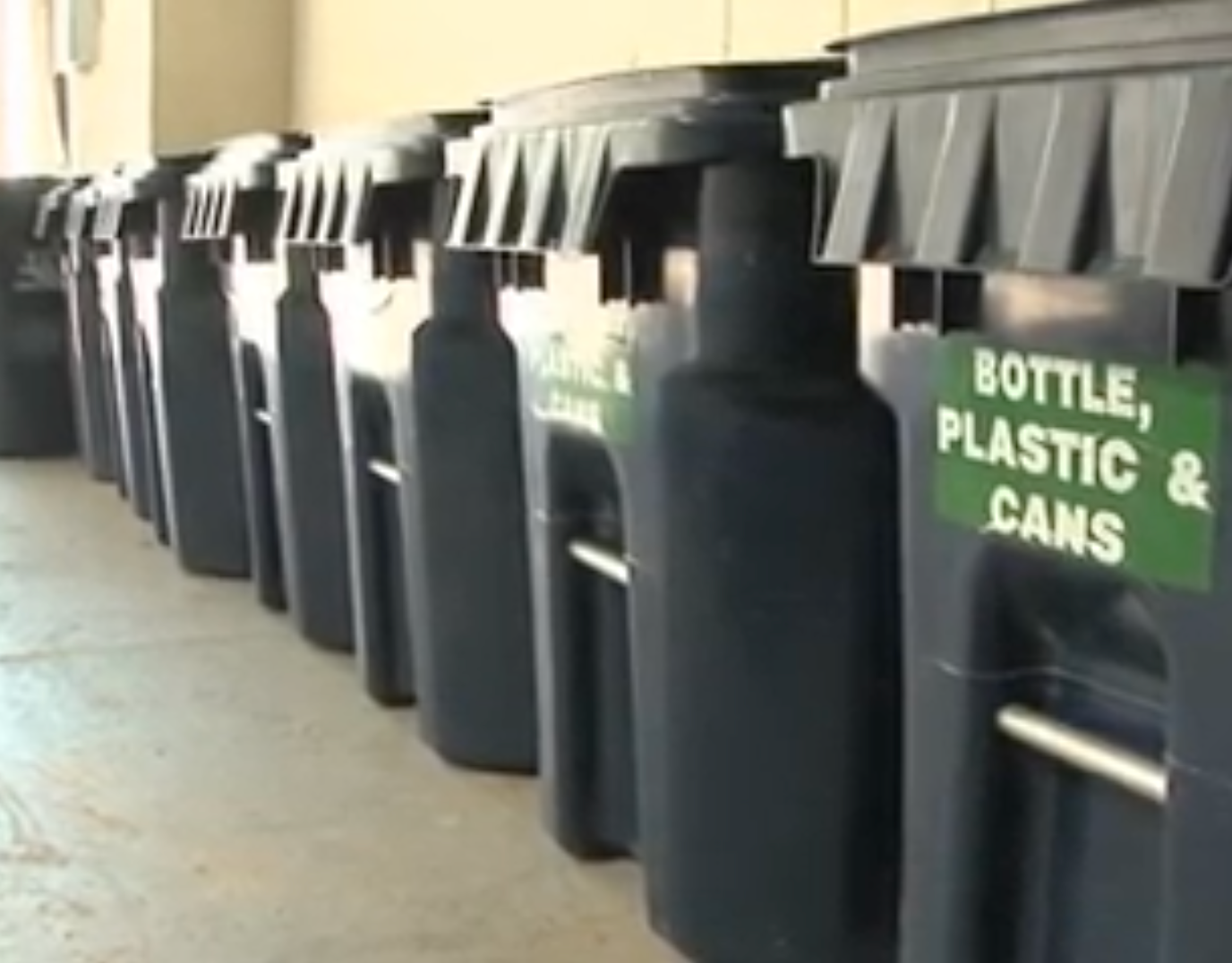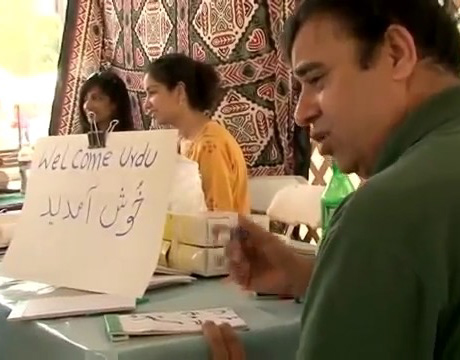Below is a small selection of the many analyses and features I produced, wrote and edited for VOA Urdu from 2007 to 2012 covering current affairs and developments, mostly in international politics and US foreign affairs.
The Arab Spring gave hope to many in Egypt. The promise of change, away from Hosni Mubarak's decades-long hold on the government, drove people from all walks of life to the streets. The resulting instability, however, also provided extremist groups to organize and gain influence. I spoke to analysts and policy experts in DC to learn how likely it would be for extremist factions to come to power in Egypt, and what that could mean for security in the Middle East.
As the war on terror unfolded in Afghanistan, relations between South Asian neighbors also began to change. With India gaining influence in Afghanistan, it's already-strained relationship with Pakistan appeared to be cracking. I spoke to Amb. Mira Shankar, India's Ambassador to the US, and American and foreign policy experts, to find out how India's interest in Afghanistan were likely to further impact India-Pakistan relations, and how India planned to mitigate the mutual lack of trust when working with Afghan and Pakistani counterparts in Afghanistan.
With Afghan civilian casualties mounting as a result of international military operations and retaliation from militants, discussions were underway in Washington DC on mitigating civilian deaths. I spoke to policy experts to find out more about these mitigation measures and the ground realities that could impact their implementation on the ground.
What US presidential candidates read says a lot about them. That's why many presidential hopefuls release a list of what they're reading during election season. I looked into what the candidates were reading during the 2010 election season and found some obvious suspects, but also a few surprises.
Political discourse ahead of the 2010 elections was heated, at times trending towards xenophobia. The sentiment often spilled onto the streets with a Florida pastor scheduling a 'Quran-burning' and protesters picketing against mosques. The timing wasn't a coincidence, said members of a DC-based South Asian alliance named SAALT. They attributed the rhetoric to candidates appealing to their base's fear and dislike of outsiders. I asked Mr. Seldon of NAACP and Professor Moritz of Howard University if they believed this trend in politics could become a social issue, and their answers surprised me.
By 2009, International Allies in the war on terror were facing increasing threats from Islamic militants not only in the battleground, but also the home front. With the shooting at Fort Hood where a Muslim service member opened fire on this comrades, it became increasingly difficult to ignore the rising problem of domestic terrorism in the United States. My quest to learn what this growing threat could mean for the war on terror, and potential ways to combat it, led me to several experts around DC working to diffuse terrorism and extremism around the world.
Secretary of State John Kerry spoke passionately on, and off the Hill, about the importance of providing financial assistance to Pakistan and winning the goodwill of the Pakistani people, in return for their cooperation in the war in Afghanistan. In his remarks to me after his speech at the Center for American Progress in January of 2009, he reiterated that this aid should be used better on the ground, for its intended purposes, for maximum impact.
Leader of the Pakistan People's Party (Patriot Group) Aftab Sherpao was often critical of Pakistan's earlier efforts at combatting terrorism on its soil. Consequently, he said, speaking at the US Institute of Peace, foreign terrorist entities in Afghanistan have blended with local groups and it is now almost impossible to tell them apart. Answering my questions after his speech, he said that aid to Pakistan is a goodwill gesture that goes a long way in alleviating the public's concerns regarding US military presence along the border. He also reiterated Pakistan's commitment to the peace process in Afghanistan and said said Pakistan would welcome any of Afghanistan's militant factions seeking peace to the negotiating table.
As the war on terror dragged on, fractures emerged among the international allies in Afghanistan on what they considered a viable long-term strategy for the country. Even policy experts in DC disagreed on whether the existing strategy at the time (c 2010) should continue. With possible solutions in short supply, I spoke to some of these policy experts regarding how they thought the Allied Forces' strategy on the ground might change as a result of these different international approaches, as well as policy shifts in DC that could impact international cooperation on the war in Afghanistan.






